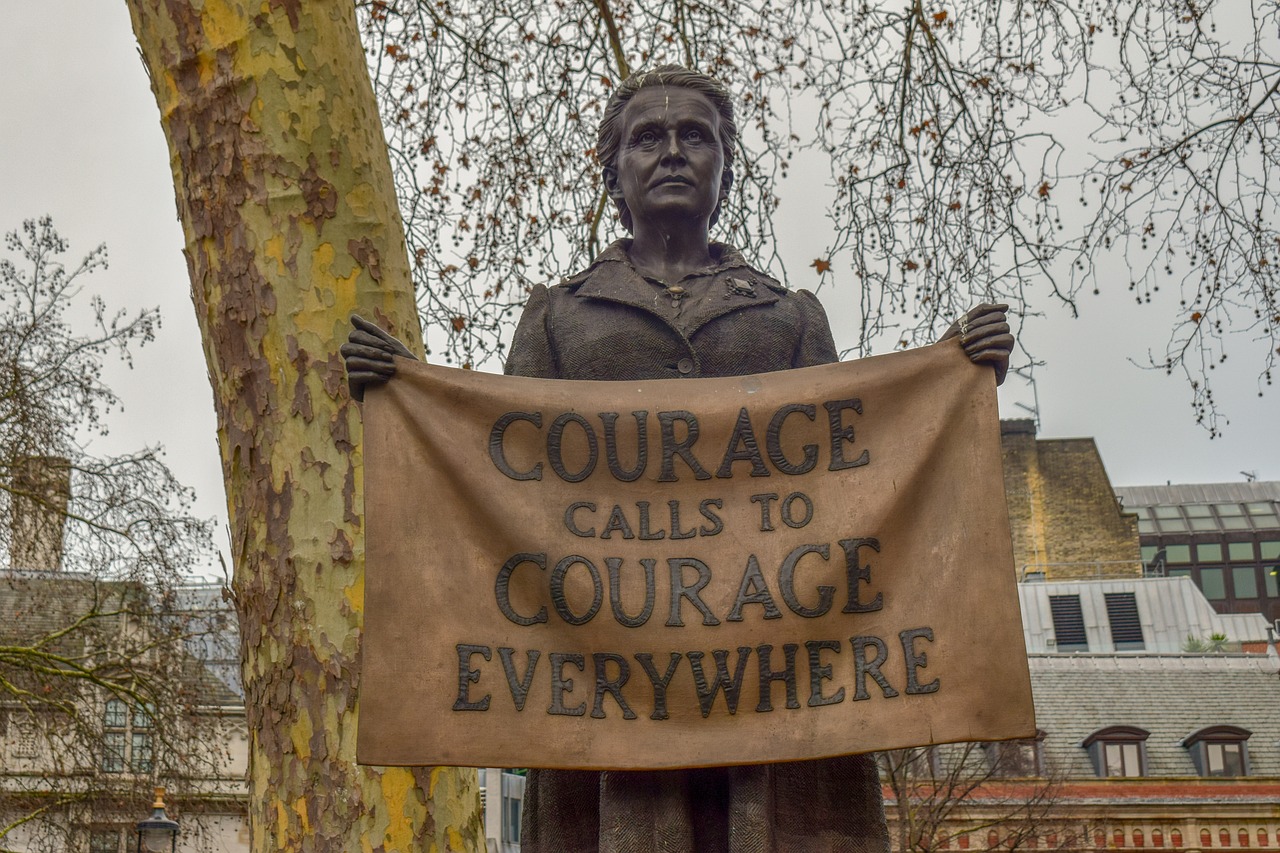The Impact of Virtual Reality Political Debate Simulators on Voter Education
Virtual reality technology has revolutionized the way political debates are simulated, offering users a more immersive and interactive experience. Through virtual reality, participants can step into the shoes of politicians, engaging in real-time debates while feeling as though they are present on the debate stage. This technology allows users to experience the intensity and pressure of political debates firsthand, helping them better understand the complexities of political discourse.
Moreover, virtual reality simulators offer a safe environment for users to explore different perspectives and practice their debating skills without the fear of real-world consequences. By using virtual reality technology in political debate simulations, individuals can enhance their critical thinking, communication abilities, and overall understanding of political issues. This innovative approach not only improves the quality of political discourse but also fosters a deeper sense of civic engagement among users.
Virtual reality technology provides a more immersive and interactive experience for political debate simulations
Participants can feel as though they are actually on the debate stage, enhancing their understanding of political discourse
Users can explore different perspectives and practice debating skills in a safe environment
The use of virtual reality technology improves critical thinking, communication abilities, and overall understanding of political issues
Virtual reality simulators foster a deeper sense of civic engagement among users by encouraging participation in political debates
Benefits of Virtual Reality for Voter Education
Virtual reality technology offers a cutting-edge approach to voter education by immersing individuals in simulated political scenarios. By creating interactive environments where users can engage with varying perspectives and policies, VR can enhance understanding and awareness of complex political issues. This hands-on experience helps voters make informed decisions based on a deeper comprehension of the implications of their choices.
Moreover, virtual reality has the potential to reach a wider audience and capture the attention of individuals who may not typically participate in traditional voter education programs. Through its immersive nature, VR can appeal to a diverse range of demographics, including younger voters who are often underrepresented in the electoral process. By providing an engaging and interactive platform for learning about politics, virtual reality can foster a more informed and empowered electorate.
Enhancing Civic Engagement through Virtual Reality Simulations
Virtual reality simulations have revolutionized the way individuals engage with political discourse and civic issues. By immersing users in realistic scenarios and simulations, virtual reality technology offers a unique opportunity to bridge the gap between citizens and the political process. Through interactive experiences and role-playing exercises, users can gain a deeper understanding of complex political issues and develop critical thinking skills.
Moreover, virtual reality simulations can also foster empathy and understanding among individuals with differing perspectives. By allowing users to inhabit different roles and viewpoints, these simulations encourage open-mindedness and collaboration in addressing societal challenges. This not only enhances civic engagement but also promotes tolerance and dialogue among members of the community.
How can virtual reality technology be used in political debate simulators?
Virtual reality technology can create immersive environments where users can interact with virtual candidates and engage in realistic debate scenarios, allowing them to better understand different political viewpoints.
What are some benefits of using virtual reality for voter education?
Virtual reality can provide an engaging and interactive way for voters to learn about political issues, candidates, and the election process. It can also help users develop critical thinking skills and make more informed decisions at the polls.
How can virtual reality simulations enhance civic engagement?
By providing users with a hands-on experience of participating in civic activities, such as voting or attending town hall meetings, virtual reality simulations can help individuals feel more connected to the political process and motivated to engage in their communities.







